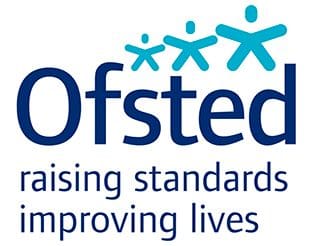
Recently Matthew Purves , the Deputy Director for Schools, set out OFSTED’s latest thinking on deep dives in primary schools. He makes reference a number of times to what that means in history. Here are some of the highlights for you to ponder.
‘A deep dive… involves gathering evidence on the curriculum intent, implementation and impact over a sample of subjects, topics or aspects. This is done in collaboration with leaders, teachers and pupils. The intent of the deep dive is to seek to interrogate and establish a coherent evidence base on the quality of education.’
Inspectors usually need to talk in more depth about a chosen deep dive subject with the subject leader. In smaller schools, one member of staff often leads many subjects, and this will be taken into account. Wherever possible, inspectors will avoid conducting multiple deep dives in subjects that have the same leader. Inspectors will

